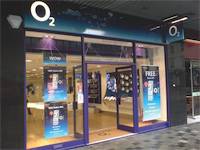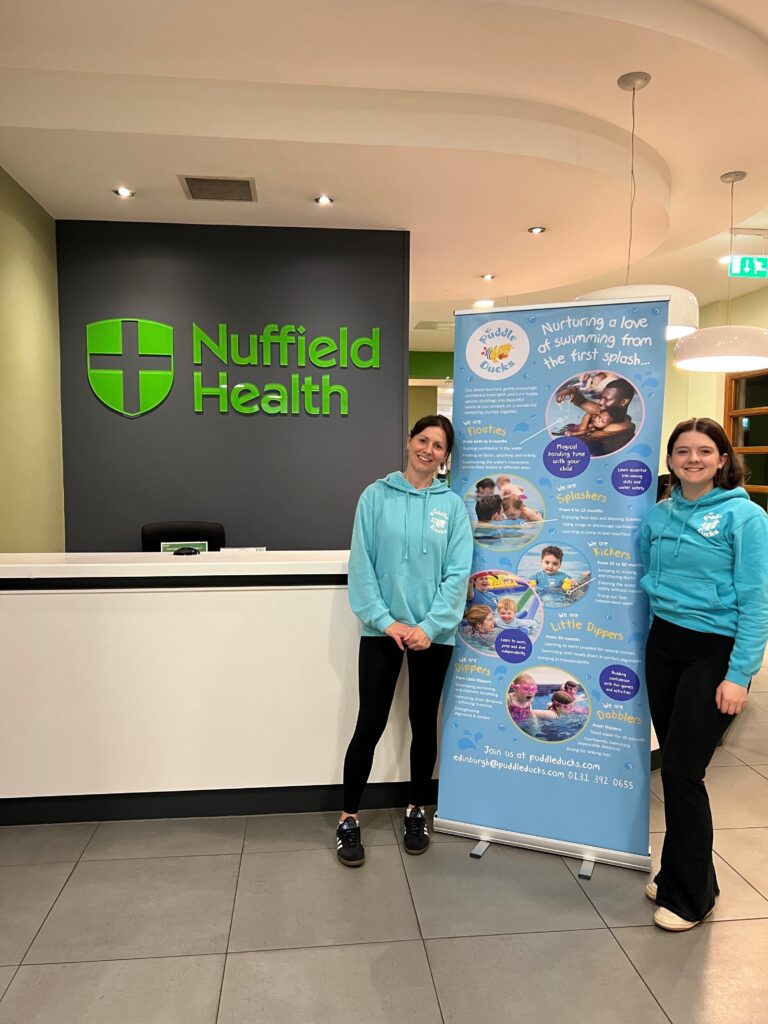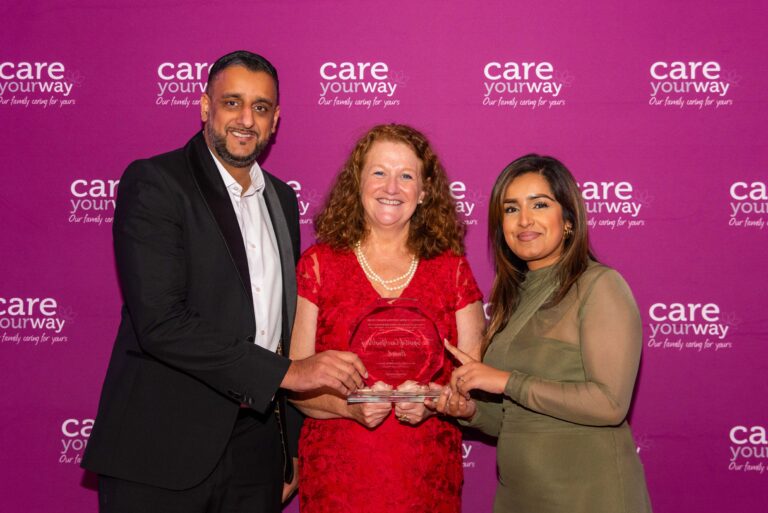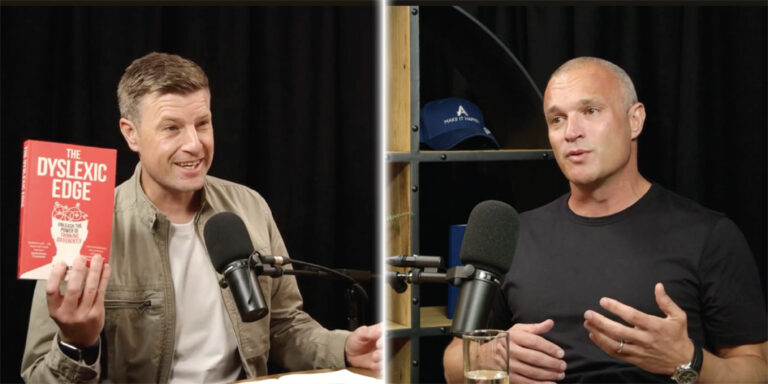O2 Reaps the Benefits of Franchising
O2 reaps the benefits of franchising
Franchising in the corporate world seems to be a winning formula as Editor, Alison Church, learns from O2’s Head of Franchise Development in the UK, Jason Philips
It is good to see a well-known brand embrace franchising – why has O2 decided to franchise some of its retail outlets?
We wanted to increase the retail footprint both to gather more customers and form better local community relationships with various areas. There were places where we believed there was a market for stores and potentially for franchisees to run these for us. The decision to franchise was all part of our overall retail growth plan and it fitted well as a model. Also, franchisees are generally local people and therefore extremely suitable for getting closer to local communities.
There are commercial benefits in terms of partially franchising. Obviously for a franchisee, in terms of their own benefits, but also to us in terms of reduced cap-ex costs from investing in a brand new store and a brand new location.
Another thing that franchising offers us is an additional slant on our retail estate. It is a different way of working – the franchisees will have some best practice that they can share with us, which we can use in retail and, likewise, we have experience of retail that we can share with franchisees.
What has franchising brought to the business in comparison to other methods of expansion?
It has brought more outlets for customers to shop in, more customers to get closer to the O2 experience – delivering a great customer experience is what will differentiate us from our competitors. To be able to do this in more stores and on a local level is absolutely one way that we can see ourselves winning out there!
Franchisees also bring business acumen of their own. They are responsible for the HR side of things, therefore manage their own staff, their own bonus local incentives and the way they attract local business. All those things contribute to helping us understand how to make our own stores better.
Is the franchising business model proving successful and effective?
Yes – we receive a large number of applications for the franchise and we now have in the region of about 40 different franchisees. Our very first franchised store opened in October 2005 and we opened our 82nd store very recently, which was our 16th of the year.
Has franchising brought any unforeseen benefits or challenges?
I think the main challenges have been around size and scale and also the fact that no one else in this market has done this. There is no one to look at for the best practice model. We started from scratch from a very small team, it brought some good things in the early days because it was small and new and you could probably make decisions quite quickly because it wasn’t a corporate environment. That obviously brought challenges because there were new processes going in place and new ways of working and communication, but now we’ve grown to such a size now where we have 82 stores and are still growing. Plus, all of the things we put into place three years ago are now being tested even more. When you get to 80 stores in comparison to 10 or 15, it means we have to work through a lot of our processes again to make sure they are more robust.
Were you able to learn from any other franchises’ models and practices?
We have been quite involved in some of the bfa’s forums and conferences. We have used some of the guys there, just bouncing ideas off – a lot of things have made sense and have worked well. We also won the award for enterprise this year, which was massive for us!
We have also used the services of the property market, in terms of finding sites and we work with franchisees on this. We do look at people like Dominos – some of the larger franchises, but we also really use the knowledge of the franchisee.
There’s a lot of talk and concern over the direction of the economy – do you feel your growth of your retails outlets will continue at the same rate?
We now have over 470 stores approximately and towards the end of the year it will probably be in the region of over 500 stores. I think there is always going to be a limit to the number of stores that will allow you to trade and not cannibalise existing business. I think and we have always shared a lot of the research with the franchisees about this, we feel that this number is probably about right, but we will continue to grow until we hit that level. I think we may see a slow down in franchise growth, but this will be nothing to do with the economy, it will be because this is the right level of stores for us to address customers.

Has it been easier or harder to attract franchisees with O2’s strong brand identity?
The brand has been a benefit. The fact that O2 has grown as a well-known brand in the space of six years would attract people. I think also the mobile market is an extremely exciting market. A combination of a really strong brand with a good customer pull has really helped us in attracting people.
Has it been a challenge to manage franchisees’ use of your brand?
I don’t think it has. I receive feedback from our franchisees and as a franchisor we are really supportive of our franchisees and we work very closely with them. I have a team of people who work closely (on a retail level) with the franchisees’ stores and they get exactly the same as what any other retail store would receive, so if you go to franchisee store you would not be able to tell the difference between a franchise store and a retail store, they look exactly the same. When a franchisee signs up, they are made aware of the brand guidelines so there is very little deviation they could do.
Where we work even more closely with them is the area of local marketing. We have someone who is dedicated to local marketing and they work with the franchisees on any campaigns that they wanted to put in place. The franchisees would need to run their ideas past our local marketing person to check that the brand is represented correctly, but also to make sure they are using some of our experience; if they are thinking of doing a particular campaign we can gauge potentially how successful it may or may not be.
What systems do you have in place to train new franchisees?
When we take a new franchisee on they will go through some psychometric tests, this process lasts for up to six months. Then we have a telephone interview and get them in front of one of our franchise development managers who presents to them to tell them about us to make sure they know what they are getting themselves in for. We go through a period of really trying to understand this person, see what they are about, assess their business acumen. They will then present a final business case for sign-off, generally when we get to that stage we would be quite hopeful that we would have someone who is ready to go, ready to learn very quickly and ready to be a great part of O2.
Once a franchisee is signed up, they will take part in a four-day course hosted by O2, which includes a ‘welcome to O2’, finances, how they’ll be paid, marketing, etc. Then, to prepare them for going in the store, they will spend six weeks in an O2 store to get some hands-on experience of working in a typical store.
Franchisees also participate in the quarterly training plans that we do with retail.
Are there any cultural challenges that you found through part franchising a business?
The biggest cultural challenge, which is something we must never lose sight of, is that franchisees are individuals, they are entrepreneurs, they are their own bosses and have free minds on what they think should happen. I think you should never lose sight of that – never try and control these guys. Of course there are areas where they will need to conform to basic guidelines but putting franchisees within little boxes and dictating what you have to do would never work for us.
Culturally we know that franchisees are different from our employees and we try to engage them particularly with our retail teams. One of the challenges we do have is with internal communication and collaboration with the rest of O2. We’re a relatively small division but there are lots of good things happening within it, so it’s more of a PR and communication challenge to make the business aware of what we are doing.
We have also done a couple off-site big quarterly launches and all of the franchisees are invited to that so we integrate them completely in the company’s developments.
What advice would you give to franchisors to promote the benefits of franchising?
I would say working really closely with your franchisees, understanding any problems they may have and also understanding what you want from them. Whatever commercial way you work with franchisees, align them with your own strategy and align them with the behaviours that you want to see.
Does O2 view franchising as a long-term strategy?
I think the future is very much more about growing what we have got. We are now absolutely maximising the business that we currently have with our franchisees, but certainly we will see some growth over next year and beyond.
It is great to see big players like O2 using franchising as a key growth strategy; its story is definitely a great example of and testament to the benefits of the franchise model. That it has embraced the franchise model can only further strengthen the image and credibility of franchising. Leading the way for other corporate companies within the mobile telecoms market, O2 has not only increased its number of retails outlets, but also through franchising has enhanced the customers’ experience by forming stronger relationships in local communities through its franchisees – an added personal touch that differentiates O2 from its competitors and brings high returns.



